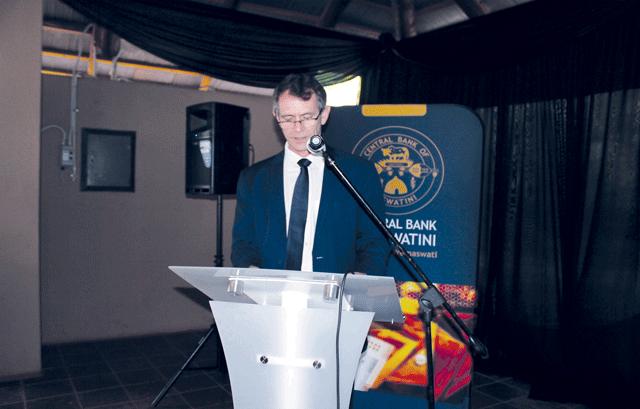Africa-Press – Eswatini. Eswatini will now be able to avoid double taxation as the country will finally sign the Multilateral Instrument (MLI).
This follows the Cabinet’s approval of the ministry of finance’s request on making the country a signatory of the MLI.
The Multilateral Instrument is a multilateral treaty that enables jurisdictions to swiftly modify their bilateral tax treaties to implement measures designed to better address multinational tax avoidance.
These measures are said to be developed as part of the Organisation for Economic Co-operation and Development (OECD) or G20 Base Erosion and Profit Shifting (BEPS) project.
Once Eswatini becomes signatory to the MLI, it would mean a double tax treaty would be signed under the MLI, which would provide relief on double taxation.
The double tax treaty under the MLI would benefit Emaswati, by reducing the taxation of income from dependent personal services, pensions, annuities, social security and other public pensions.
It would also help reduce the taxation of the income of artists, athletes, students, trainees and teachers which includes taxable scholarship and fellowship grants.
The treaty signing also means that relief would also be extended to tax paid by foreign subsidiaries and other foreign affiliates in terms of economic definition.
This was disclosed by Minister of Finance Neal Rijkenberg when replying to Senator Alberto Samuels during the debate of his ministry’s annual performance report.
Senator Samuels had requested a brief concerning the double taxation avoidance agreement, with regards to the multilateral instrument as it was expected that Eswatini would have signed it before the end of the financial year.
In response, Minister Neal said once the country has signed the MLI instrument would then be forwarded to the Minister of Foreign Affairs and International Cooperation who would in turn facilitate the ratification process.
He further explained that upon completion of the ratification process, the instrument would then be deposited with the Depositary of the Convention, who is the Secretary of the Organisation for Economic Co-operation and Development (OECD).
“The country will be bound by the provision of the Convention once the instrument has been deposited,” he said.
He added that the MLI would be called the ‘Multilateral Convention to Implement Tax Treaty Related Measures to Prevent Base Erosion and Profit Shifting’.
He also said the MLI would be modular with alternatives and participating states would have the ability to opt in and out the different provisions of the MLI.
Neal said through assistance from OECD they had been developing the MLI which could amend bilateral treaties to swiftly implement the tax treaty measures developed in the course of the G20/ OECD Base Erosion and Profit Shifting (BEPS) Action Plan.
“Consultations have been made with members of the OECD Secretariat who have been providing Eswatini with technical assistance in readiness for the countries participating in the Global Forum Inclusive Framework peer review,” added Minister Rijkenberg.
He further stated that the country was advised to join and implement the MLI as part of the expectations necessary for the Global Forum Inclusive Framework peer review.
The minister also announced that the process of finalising the working document with the OECD was still ongoing and they expect it to be completed within the next financial year.
For More News And Analysis About Eswatini Follow Africa-Press







